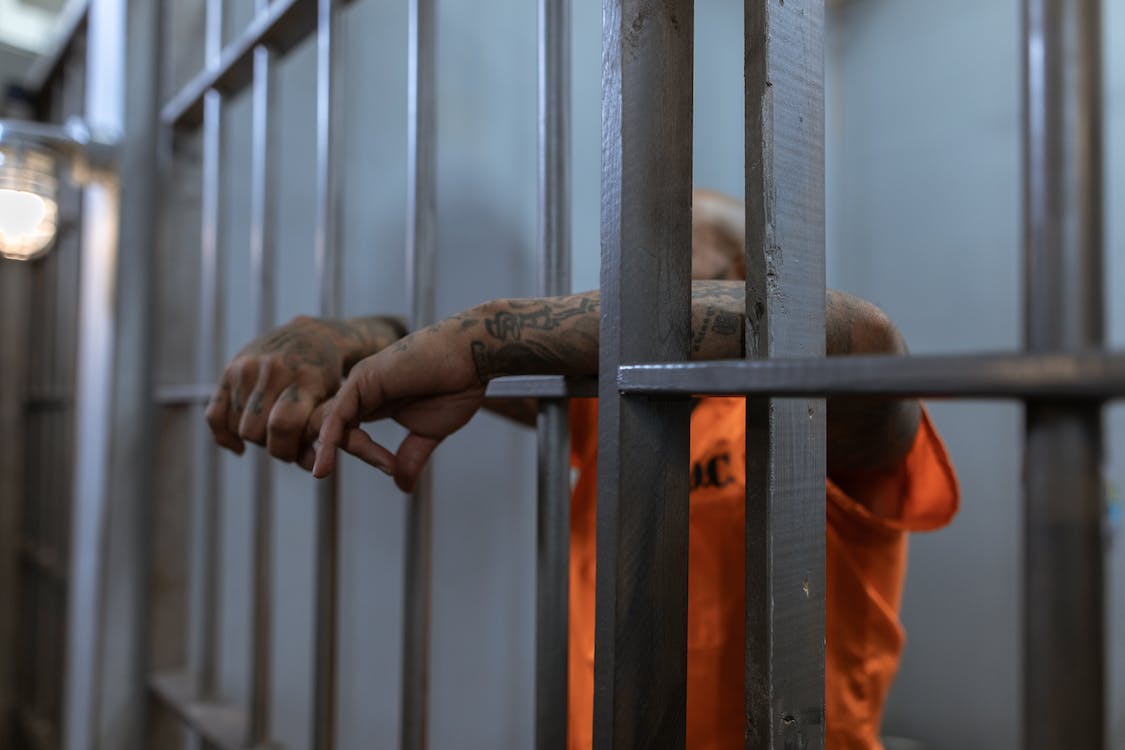In a purpose-built, high-security courtroom, the court convicted and sentenced more than 200 people of crimes, including criminal association, extortion and bribery.
The heaviest sentences of 30 years were delivered to Saverio Razionale and Domenico Bonavota, two local Calabrian mafia leaders.
Informants revealed disturbing details about the ‘Ndrangheta’s criminal activities, including reports of weapons concealed in cemetery chapels, drugs being transported in ambulances, and municipal water supplies diverted for the cultivation of marijuana.
Those who opposed the group’s criminal activities were subject to violent retaliation, including destruction to their property, arson, physical assault, and gruesome threats, which included dead animals being dumped on a person’s doorstep.
Others were killed or remain missing.
Magistrate Nicola Gratteri, a former lead prosecutor in the case, spoke about the verdict.
“Today’s ruling means a whole province of Calabria has been liberated from the top brass of the criminal group,” said Gratteri.
Gratteri explained that the criminal group were protected and enabled in their criminal activities through their connections with white-collar professionals and politicians, non-mafia individuals who benefited from their connections to the ‘Ndrangheta.
“It is a very significant sentence, and we are very satisfied. We have finally demonstrated that there was a network of white-collar workers, entrepreneurs, and politicians doing business with the Calabrian clans.”
Prosecutors consider the ‘Ndrangheta to be the country’s most powerful mafia group, surpassing the infamous Cosa Nostra gang in Sicily, who faced a similar mass trial in 1986.
More than 200 members of the ‘Ndrangheta face a combined sentence of over 2,000 years, though most say they plan to appeal against their convictions.
131 defendants were acquitted, more than a third of the total tried.
Giuseppe Di Renzo, a defence lawyer who represented a number of defendants, criticised the prosecution, saying that there was no cohesive thread to their case.
However, Gratteri said that the secretive and far-reaching nature of criminal syndicates meant that trials needed to cast a wide net to have an impact on their operations.
Experts estimate that the ‘Ndrangheta, made up of approximately 150 families, bring in more than 50 billion euros ($83 billion) annually from criminal activities.






